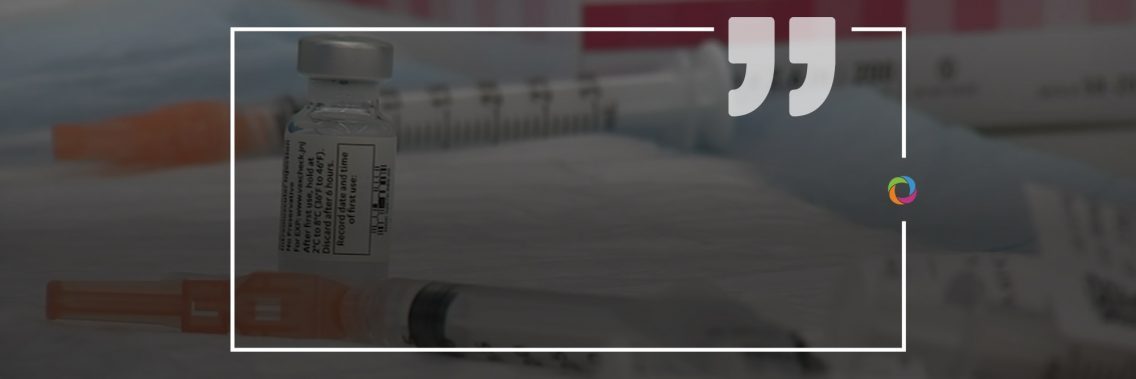COVID-19 vaccines were developed in under a year giving the world hope for a light at the end of the tunnel. Despite this, almost half a century after countries declared war on cancer, and 40 years after the first reported case of HIV/AIDS, there is still no vaccine to prevent all forms of cancer, the HIV virus and many other diseases. In this context, people wonder why it has been relatively easy to create a vaccine against COVID-19 compared to HIV or cancer. Let’s see what global health experts think about this issue.
Why is this happening? If and when might it be possible to expect a universal vaccine against cancer or HIV/AIDS?

“I try to answer these two questions from two perspectives. One is the urgency attached to the coronavirus (COVID-19). It came with a bang and scientists attacked it with a bang! For HIV/AIDS and cancer, they do not usually take the form of a pandemic. Only a limited number of the population is affected at a time. For HIV/AIDS, it is associated with people with irresponsible lifestyles. Thus, HIV/AIDS and cancer do not “carry” the type of urgency that COVID-19 needed to attack it. The second aspect is the ready availability of scientific methods to attack any disease that threatens to wipe out the human population. In the 1970s up to the early 1990s, the life span of knowledge was 10-20 years, decreasing as we moved into the 1990s. Currently, the lifespan of knowledge is between 1-3 years. Thus, we have more machinery for scientific research than before. Therefore finding a vaccine is much easier now and I think if as much attention is paid to these diseases as it was to COVID-19, a vaccine will emerge. A final aspect relates to mutations and the number of available variations of HIV/AIDS and cancer. HIV/AIDS and cancer may display more complex antigens than COVID-19 but that is simply not for the general public but for a more specialized audience. Let me also state that for COVID-19, it is not yet the end as mutant strains may keep emerging which may still pose some threat in the future and as such those who have had the vaccine should not rejoice until 3-4 years post-vaccination.”

“Generally, it involves years of research to develop a vaccine. There are several phases of vaccine trials. Clinical trials involve several phases, for instance pre-clinical, Phase I, Phase II and Phase III. These trials take years to determine the effectiveness of the vaccine, its safety and the ability of the vaccine to generate an immune response. Scientists have worked round the clock in the laboratory. In addition, regulatory approvals which used to take several months have been fast tracked as a result of which all the time lapses between the pre-clinical and clinical trial stages have been eliminated without compromising any protocols and any steps. An anti-cancer or anti-HIV/AIDS vaccine? Prevention is better than cure. To solve the cancer and HIV problem, perhaps a vaccine may not be the right solution. Preventing these diseases is also in our hands. Let’s have a look at them one by one. People can avoid cancers by changing their sedentary lifestyle, taking pills to avoid conceiving babies, smoking, not eating processed foods (intake of natural/organic food) and so on. People can avoid HIV by being faithful. In addition, all the necessary measures and steps should be taken to avoid becoming HIV positive. Living a natural and less materialistic life will decrease the dependency on medicines. Behavior has an upper hand on medicine. Behavior beats medicine. Connect to nature.”
Check out more than 750 job opportunities in the health sector here.

